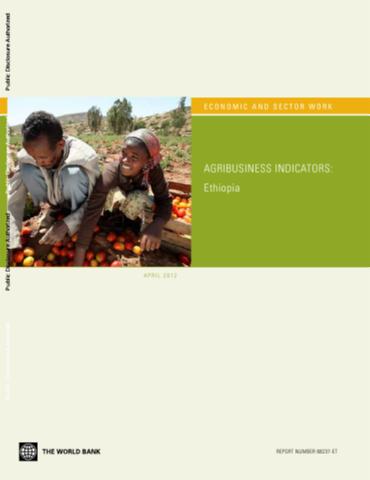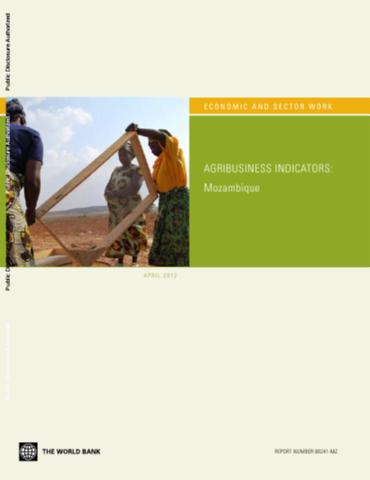Labor Markets in Rural and Urban Haiti : Based on the First Household Survey for Haiti
This paper addresses labor markets in
Haiti, including farm and nonfarm employment and income
generation. The analyses are based on the first Living
Conditions Survey of 7,186 households covering the whole
country and representative at the regional level. The
findings suggest that four key determinants of employment
and productivity in nonfarm activities are education,
gender, location, and migration status. This is emphasized





